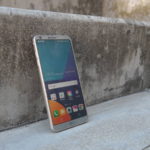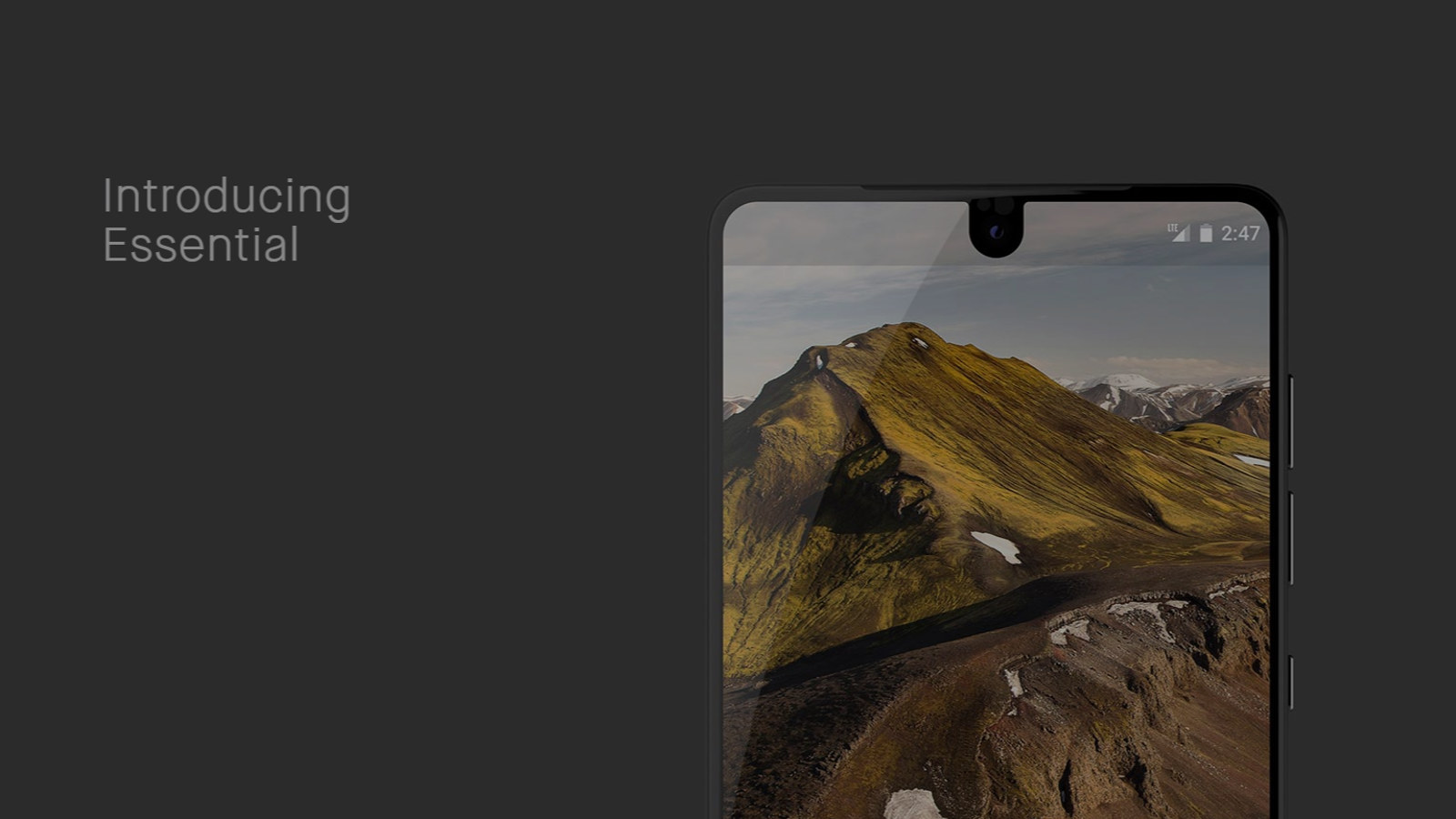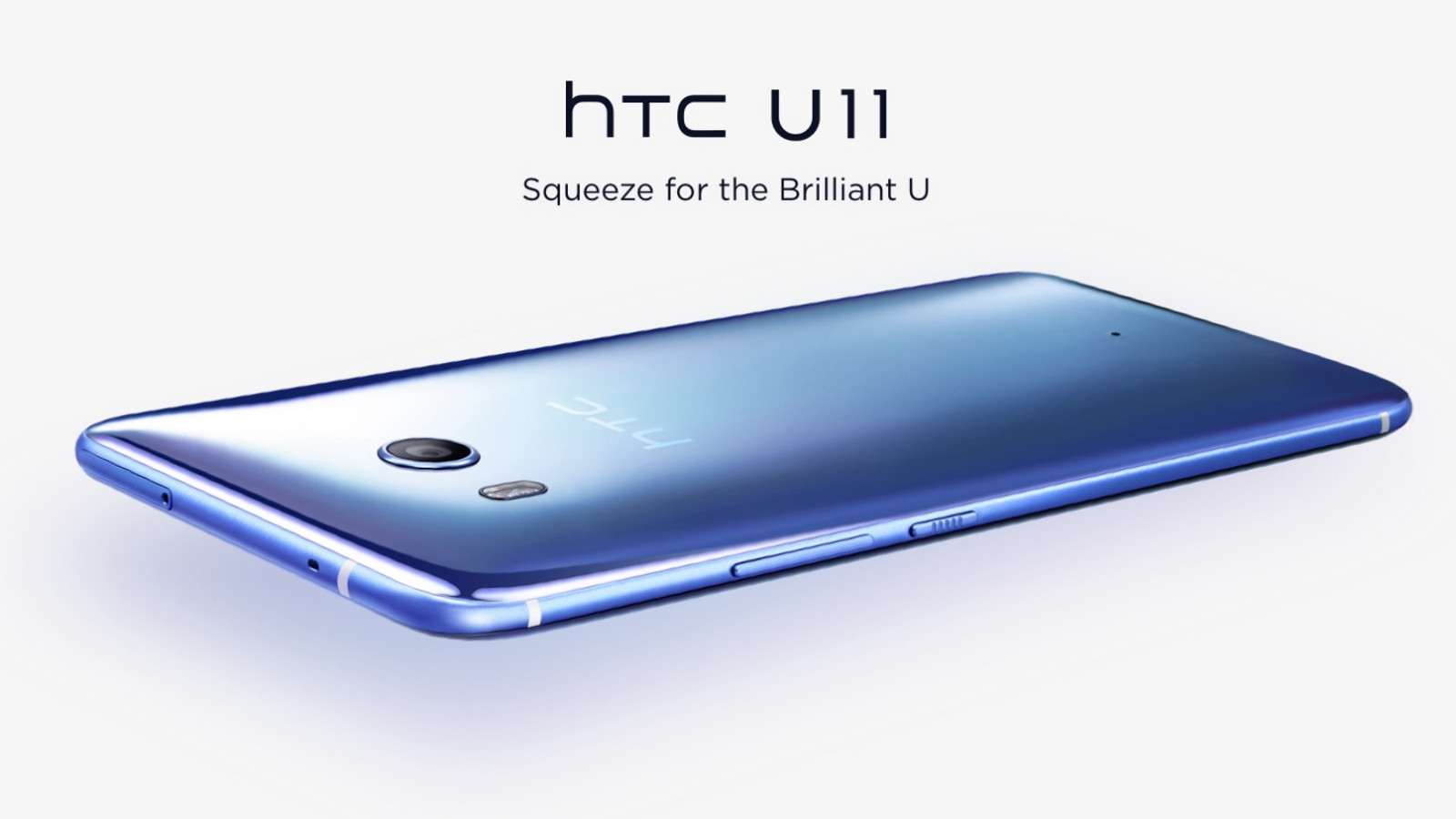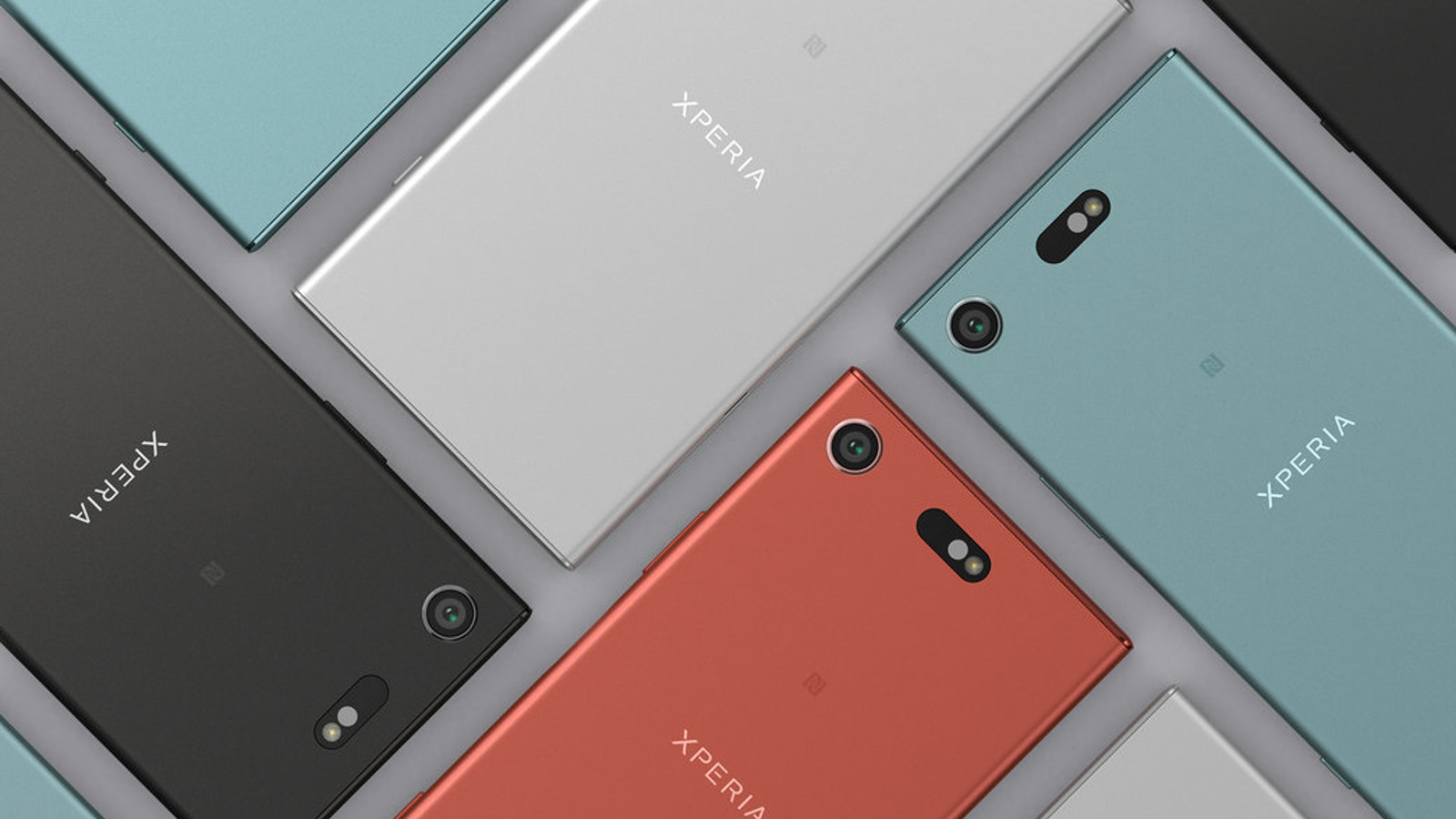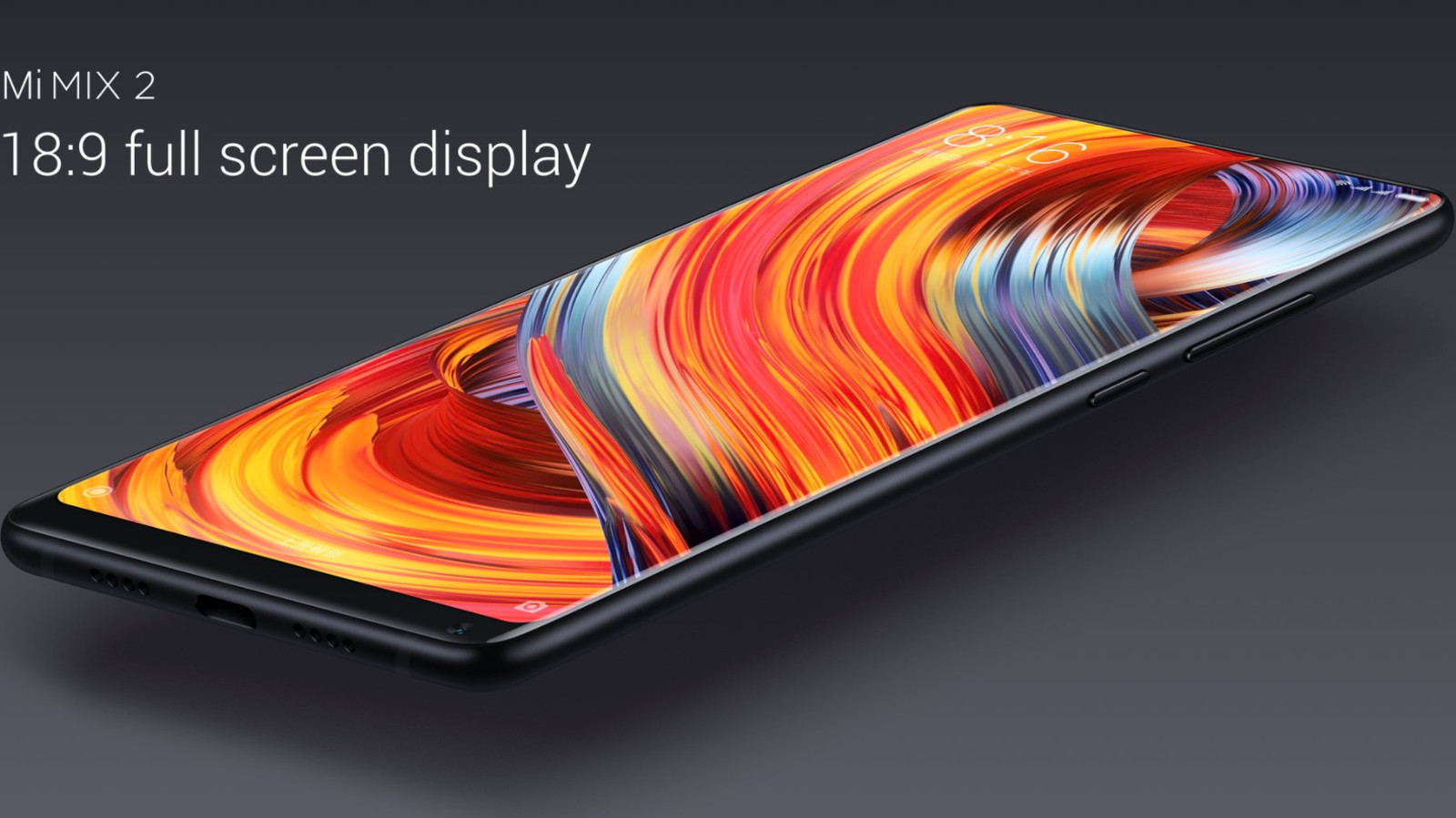With powerful hardware working together with an industry-leading camera system and intuitive AI experiences, everyday tasks have never been easier and faster
5+ great smartphones we can’t officially get in South Africa
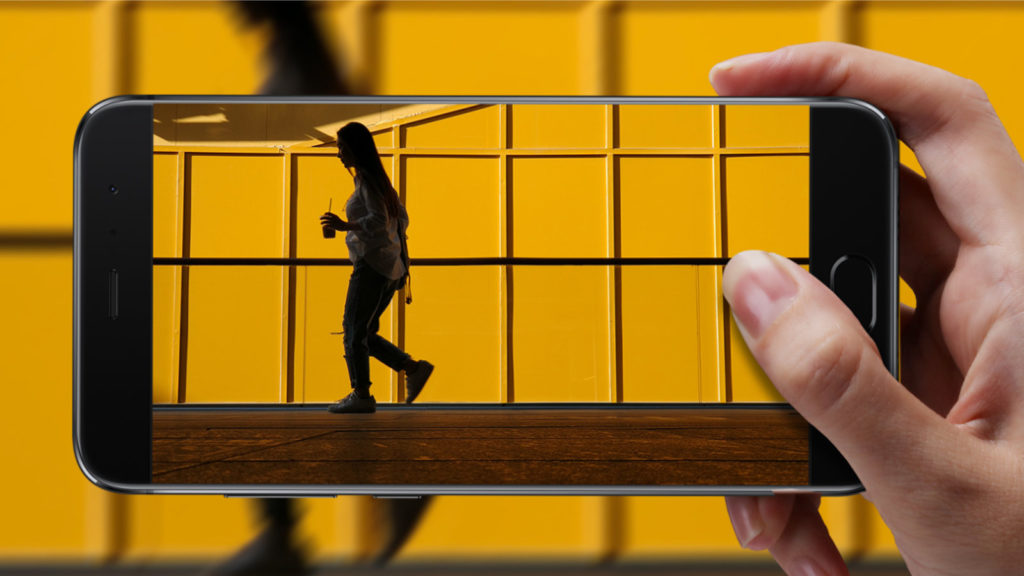
Between Apple, Samsung, Huawei and Xiaomi, we’ve got a rather healthy variety of smartphone brands in South Africa.
However, there are a few standout smartphones that aren’t officially available at all in the country (best use mail forwarding services, third-party websites and the like). We take a look at a few of the more prominent devices…
Google Pixel 2
One of the most obvious picks has to be Google’s smartphones, as Google’s entire hardware portfolio is missing in South Africa.
Last year’s Pixel 2 was one of the most critically acclaimed devices of 2017, delivering a fantastic camera, powerful internals, squeezable edges, IP67 water-resistance and stock Android. Of course, being a Google device, you’re also getting brisk updates.
The Pixel 2 devices aren’t perfect though, as we heard of lower quality OLED screens and audio hissing (reportedly fixed with an update). It also lacks a 3.5mm jack, in case you forgot.
Essential Phone
Android co-founder Andy Rubin decided to launch his own smartphone, dubbed the Essential Phone. But unfortunately, it’s looking like a sales flop at this point.
Nevertheless, the device stood out in a big way upon its reveal, beating Apple to the “notch” at the top of the display. Otherwise, you’ve got a Snapdragon 835 chipset, Huawei-style dual-camera setup (13MP, f/1.9, with one being a monochrome shooter) and magnetic points for an optional 360 camera add-on. No headphone jack though.
The Essential Phone was initially criticised for a lacklustre camera experience, but the company has released a steady stream of updates to improve matters.
HTC U11
Yet another phone that lacks a headphone jack, the HTC U11 nevertheless stands out as one of the better releases of 2017, improving on the disappointing U Ultra in almost every way.
There’s a Snapdragon 835 processor, an eye-catching design, 12MP f/1.7 main camera, IP67 water/dust resistance and a 3000mAh battery (about average for a smartphone these days). We also get high-quality audio playback (albeit via USB Type C), 360 degree audio recording, a 16MP selfie shooter and squeezable edges.
It’s a pity that the Taiwanese firm doesn’t have a local presence then, as we’re missing out on a capable alternative to Samsung, Huawei and LG.
Sony Xperia XZ1 Compact
Sony’s Compact devices were the only real small Android flagships available, delivering the same horsepower and camera experience as its larger stablemates. So we were disappointed to see the XZ1 Compact give South Africa a miss.
The latest Compact offers a Snapdragon 835 processor, 19MP main camera, IP68 water/dust resistance and the XZ Premium’s 960fps super slow-mo feature. Otherwise, the only downsides might be the screen resolution (720p, at 4.6 inches though) and the battery capacity (2700mAh).
Nevertheless, the standard XZ1 is available in South Africa, delivering similar specs but with a 5.2-inch full HD display and a larger battery.
Xiaomi Mi Mix 2 and Mi Note 3
The Mi Mix wasn’t the first phone to offer a high screen/body ratio, but it certainly popularised the current wave. Unfortunately, neither 2016’s device nor the Mi Mix 2 came to South Africa.
Last year’s device was far from a one trick pony either, offering an improved design, a 6-inch LCD screen (2160×1080, 18:9), Snapdragon 835 chip and a solid 12MP f/2.0 main camera. Expect to pay just under RMB4000 (R7660 as a straight conversion, excluding duties etc).
Then there’s the Mi Note 3, coming in at roughly RMB2500 (roughly R4800) and packing a not-quite-flagship-but-still-powerful Snapdragon 660 chipset. The phone also stood out thanks to the dual-camera setup (12MP f/1.8 and 12MP f/2.6 telephoto), 3500mAh battery and 16MP selfie camera.
Interestingly, the Mi Note 3 received a rating of 90 from camera benchmark website DxOMark, highlighting the phone’s still photo chops and depth-of-field effects.
Much like most other phones on the list, neither handset possesses a headphone jack. Boo.
Honorable mentions
LG X Venture: A cheap, rugged phone that also packs a large 4100mAh battery? Sounds perfect for South Africa. Featuring a Snapdragon 435 chip, a US$330 price tag and a fingerprint scanner, there’s a lot to like here. Sure, it’s not the most powerful device, while the 16MP f/2.2 camera seems ho-hum, but it seems like a solid alternative to Hisense’s rugged C30 Rock.
Huawei Nova 2: We saw the first-gen Nova come to South Africa in March 2017, but Huawei told us that the Nova 2 wouldn’t be coming to the country at all. It’s a shame, as you’ve got similar internals to the Huawei P10 Lite, while also packing a dual-camera setup on the back (12MP+8MP) and a gigantic 20MP selfie shooter. Not bad for a sub-flagship buy.
Meizu Pro 7 Plus: It’s a pity that the Pro 7 Plus didn’t come to South Africa in 2017, offering a flagship-level experience for the most part. There’s a Helio X30 chipset, dual 12MP camera setup on the back, a 3500mAh battery and a slick AMOLED screen. But the unique selling point has to be the tiny display on the back, so you can take selfies with the main camera and… er… that’s it.
